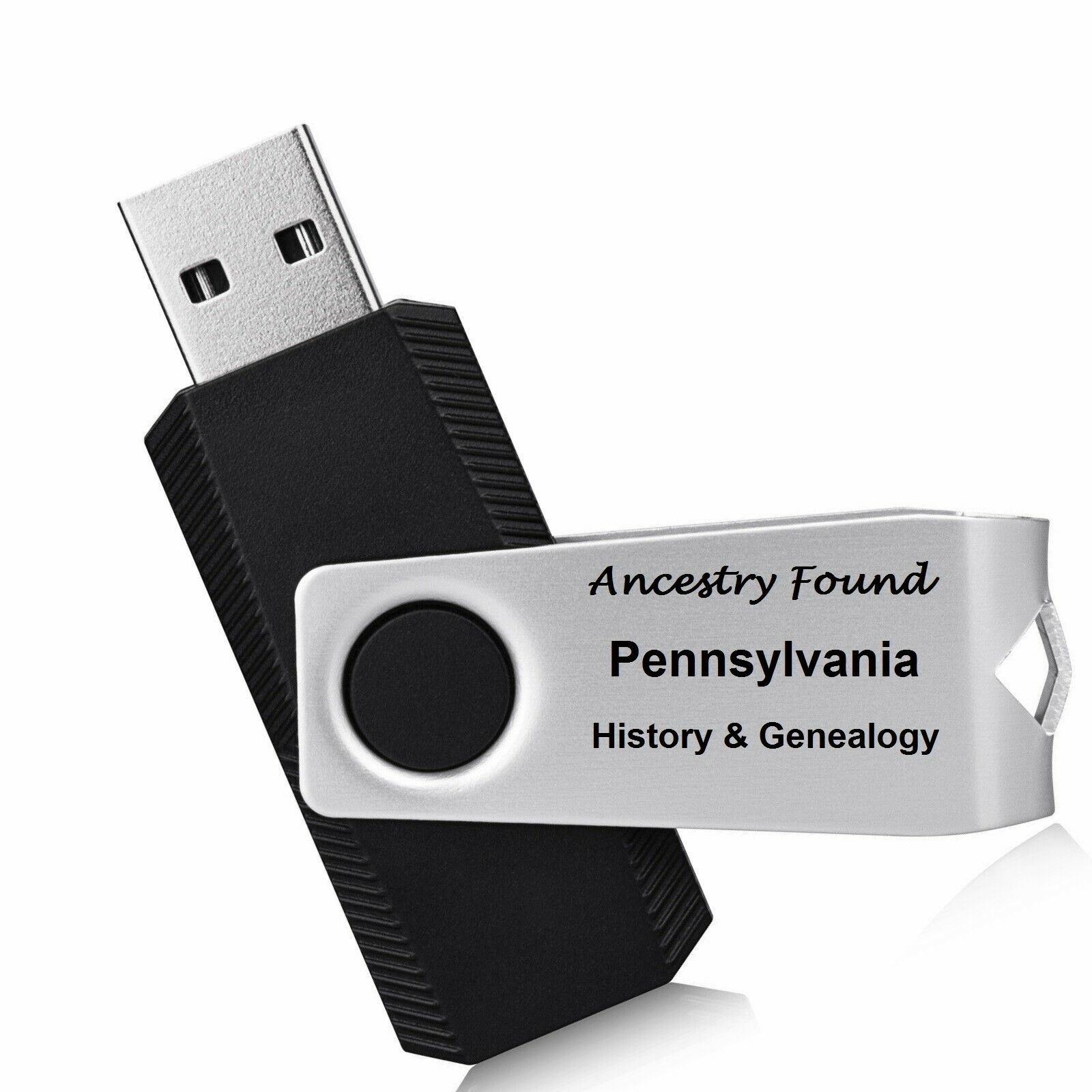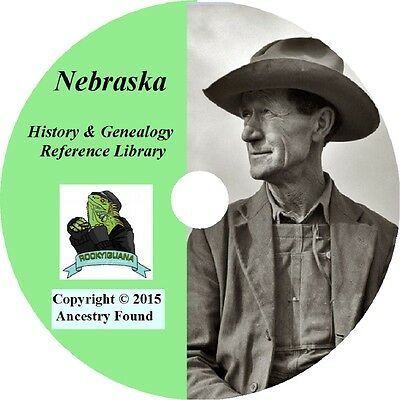-40%
BLACK YEOMANRY Life On St. Helena Island by T Woofter 1930 GULLAH South Carolina
$ 31.67
- Description
- Size Guide
Description
Black Yeomanry: Life On St. Helena IslandBy T. J.
Woofter
New York, Henry Holt and Company, 1930. First printing (stated) Cloth hardcover AS-IS condition with sunning fading to covers owner name twice front map end paper and on blank end paper ; "commission on interracial cooperation, Atlanta, Ga" stamped on front and rear map end paper; some pages have some mottling/foxing; rusted paper clip imprint at the top of first pages ... else as-is binding tight good reading reference copy; 291 pages with
bw
frontispiece, illustrations, photos, music ... From the preface: 'The plot of this volume is the life and development of the St. Helena community, rather than the life of individuals.. It would be impossible to describe the Island adequately without including the picturesque elements, but the chief objective of this work has not been the picturesque, in the sense that it may properly concern the litterateur. Complete and logical description of those customs and conditions which have made the community what it is today has been the primary aim, with picturesqueness a secondary consideration" The story of slavery on one of South Carolina's Sea Islands.
"
southern sociologist Thomas Jackson Woofter Jr. (1893-1972) is frequently cited by American historians, but his contribution to government policy on agriculture in the New Deal, Social Security in the 1940s, and demography in the Cold War remains underappreciated. He left the University of North Carolina to direct government research on rural relief in the 1930s, Social Security enhancement during and after World War II, and foreign population and manpower projections during the Cold War. Contributing to the delivery of essential programs in key agencies, he participated in internal and external debates over policy and social attitudes between 1930 and 1960. Woofter worked for the Federal Emergency Relief Administration, the Works Progress Administration, the Farm Security Agency, the Federal Security Agency, and the Central Intelligence Agency, improving data-gathering and assisting transitions in federal policymaking.
.."




















